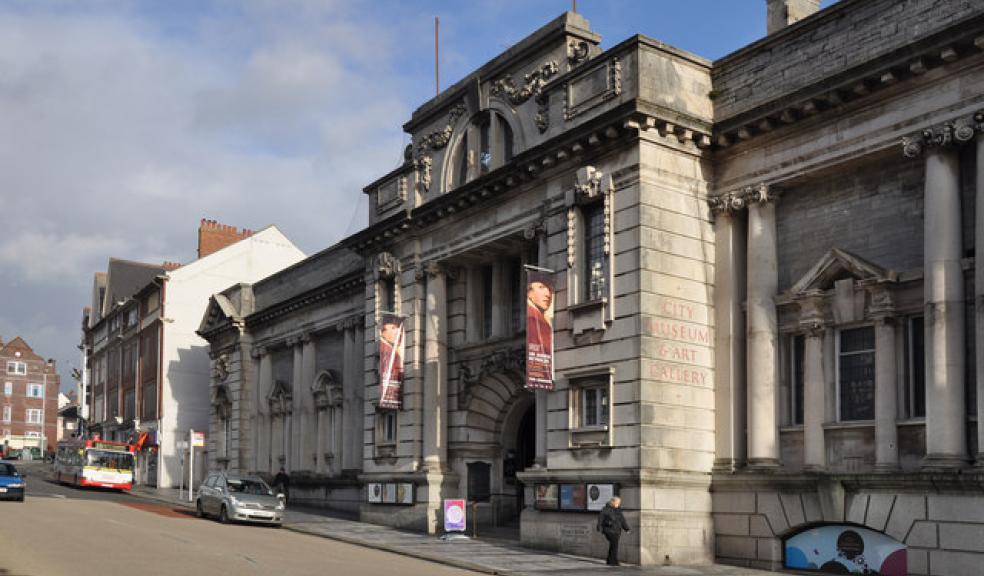
Major new exhibition explores relationship between toys and conflict
A new exhibition which opened at Plymouth City Museum and Art Gallery on 6 February explores the role of warfare in children's play from 1800 to the present day.
‘War Games’ is a nationally touring exhibition from the V&A Museum of Childhood and will be on display until 18 June.
The show, which is designed for adults and children, allows visitors to investigate how toys recreate and represent war. It also asks the sometimes difficult question: why do children play war games?
Toys and games often reflect current conflicts. At times they’ve been used for propaganda, as well instilling a sense of militarism and nationalism.
War Games includes over 100 objects from the V&A Museum of Childhood's collection, as well as loans from the Imperial War Museum, the Museum of London and the Spielzeugmuseum, Nuremberg. It examines the effect of conflict on toys and games through four themed sections.
‘Playing at War’ raises the controversial topic of children re-enacting war through a display of historic dressing up clothes, toy weapons and strategy games.
‘On the Battlefield’ provides an overview of combat, exploring how toys have imitated the changing technology of weaponry, new geographies of war zones and the creation of new armies.
‘Reality to Fantasy’ looks at the aftermath of the World Wars and explores how manufacturers looked to the space race, the atomic age and themes of nostalgia to create new heroes.
‘Secret Weapons’ reveals the use of toys and computer games in training, influencing, comforting, healing and aiding escape.
Deputy Council Leader Peter Smith said: “War Games is a significant exhibition for a number of reasons. It’s been programmed to coincide with the 75th anniversary of the Blitz as well as the ongoing commemorations for the centenary of World War One. It’s also the last major exhibition that will open at the City Museum and Art Gallery before the development work for the History Centre begins later in the year.
"I hope as many people as possible will come and visit this interactive show which, as well as discovering and revisiting childhood memories about toys, also encourages people to question their own views and contribute to a debate on playing at war.”
War Games is open from 10am to 5.30pm Tuesday to Friday and 10am to 5pm on Saturdays. Admission is free. There will also be a series of Lunchtime Talks and Art Bites related to the exhibition.
To find out more visit www.plymouth.gov.uk/museumwargames.













